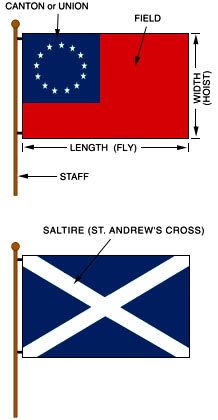-ology, -logy, -ologist, -logist
(Greek: a suffix meaning: to talk, to speak; a branch of knowledge; any science or academic field that ends in -ology which is a variant of -logy; a person who speaks in a certain manner; someone who deals with certain topics or subjects)
The word -ology is a back-formation from the names of certain disciplines. The -logy element basically means "the study of ____". Such words are formed from Greek or Latin roots with the terminal -logy derived from the Greek suffix -λογια (-logia), speaking, from λεγειν (legein), "to speak".
The suffix -ology is considered to be misleading sometimes as when the "o" is actually part of the word stem that receives the -logy ending; such as, bio + logy.
Through the years -ology and -logy have come to mean, "study of" or "science of" and either of these suffixes often utilize the form of -ologist, "one who (whatever the preceding element refers to)".
The examples shown in this unit represent just a small fraction of the many words that exist in various dictionaries.
2. The scholarly study of the history, symbolism, etiquette, design, manufacture, and other aspects of standards: Vexillology can include a wide variety of fields that apply to flags and their uses.
3. Etymology: from Latin vexillum, a term used by the Romans to refer to a kind of standard with a fabric hung from a horizontal crossbar on a pole. It is the closest equivalent in the classical languages to what we call a flag today.
In his book, Dr. Smith says, "While the use of flags goes back to the earliest days of human civilization, the study of that usage in a serious fashion is so recent that the term for it (vexillology, coined by the author of this book) did not appear in print until 1959. This has resulted in a lack of uniformity in flag terms and, worse still, a lack of source material concerning actual usage on which standardization might be based."
A Few Examples of the Flag Terms Used in Vexillology

2. A branch of knowledge dealing with vitamins, their natures, actions, and uses.
2. That branch of science that deals with the eruption of magma (molten material plus its gaseous content) upon the surface of the earth or its rise into levels near the surface.
Closely related to geology, seismology, geophysics, and geochemistry.
Volcanology has a background of superstition and mythology
In Roman mythology, Vulcan was the god of fire, the blacksmith of the gods.
- Poets identified Vulcan's workshop with various active volcanoes in the belief that the "smoking" mountain was the chimney of Vulcan's forge.
- In ancient mythology, Vulcan's forge was located on the island of Vulcano, one of the Lipari islands off the coast of Sicily.
- Based on this relationship, the name "volcano" was applied to all mountains which give off "smoke and fire".
A xenobiologist is usually a human doctor, or biologist, who is an expert regarding the physiology of alien organisms and life forms.


